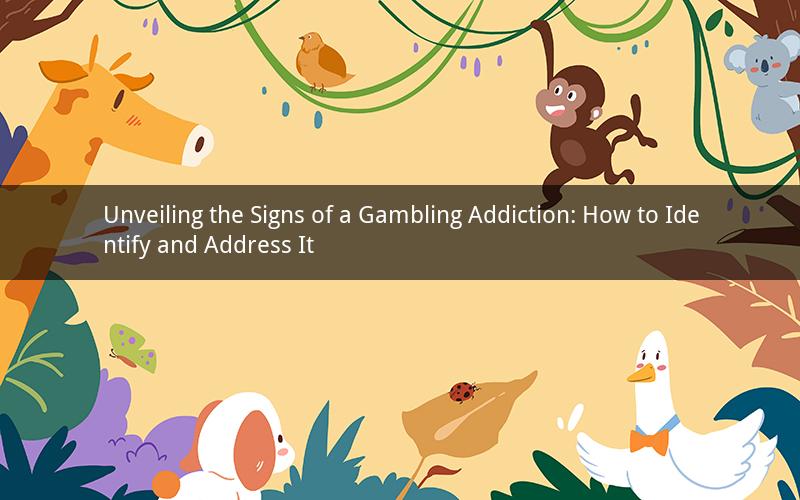
Gambling addiction, often referred to as gambling disorder, is a serious condition that affects millions of people worldwide. It is characterized by an inability to control or stop gambling, despite negative consequences. Identifying whether you or someone you know has a gambling addiction can be challenging, but recognizing the signs is crucial for seeking help and overcoming this problem. In this article, we will explore the signs and symptoms of a gambling addiction, provide strategies for overcoming it, and address common questions related to this issue.
1. What are the signs of a gambling addiction?
Several signs and symptoms can indicate a gambling addiction. These include:
a. Spending increasing amounts of time and money on gambling activities.
b. Feeling restless or irritable when unable to gamble.
c. Using gambling as a way to escape problems or relieve stress.
d. Lying to family, friends, or therapists about gambling habits.
e. Continuing to gamble despite negative consequences, such as financial problems, relationship issues, or work-related difficulties.
2. How can you differentiate between normal gambling and a gambling addiction?
Differentiating between normal gambling and a gambling addiction can be challenging. However, consider the following factors:
a. Frequency: Normal gamblers may engage in gambling activities occasionally, while those with an addiction may do so frequently.
b. Control: Normal gamblers can control their gambling habits, while those with an addiction struggle to stop or limit their gambling.
c. Consequences: Normal gamblers may experience some negative consequences due to gambling, but they can manage these issues. Those with an addiction often face severe consequences that are difficult to overcome.
3. What are the risks associated with a gambling addiction?
A gambling addiction can lead to numerous risks and negative consequences, including:
a. Financial problems: Borrowing money, selling personal belongings, or even committing theft to fund gambling habits.
b. Relationship issues: Strained relationships with family, friends, and partners due to dishonesty, neglect, or aggression.
c. Mental health problems: Anxiety, depression, and other mental health issues can arise as a result of the stress and shame associated with a gambling addiction.
d. Legal problems: Illegal activities, such as fraud or theft, may occur as a result of a gambling addiction.
e. Physical health problems: Sleep deprivation, malnutrition, and other health issues can arise due to neglecting personal care and responsibilities.
4. How can you overcome a gambling addiction?
Overcoming a gambling addiction requires a combination of self-awareness, determination, and support. Here are some strategies to help you overcome this problem:
a. Acknowledge the problem: Recognize that you have a gambling addiction and accept that you need help.
b. Seek support: Reach out to friends, family, or professionals for guidance and support.
c. Develop a plan: Create a plan to stop gambling, including avoiding trigger situations and seeking alternative activities.
d. Attend therapy: Consider seeking therapy, such as cognitive-behavioral therapy (CBT), to address underlying issues and develop coping skills.
e. Join a support group: Participate in a support group for individuals with gambling addiction to connect with others who understand your struggles.
5. Can a gambling addiction be cured?
While there is no single cure for a gambling addiction, it is possible to overcome it and lead a fulfilling life. Recovery from a gambling addiction requires ongoing effort, commitment, and support. With the right strategies and resources, individuals can break free from the cycle of addiction and rebuild their lives.
In conclusion, identifying a gambling addiction is crucial for seeking help and overcoming this problem. By recognizing the signs and symptoms, understanding the risks, and implementing effective strategies, individuals can take the first steps towards recovery. Remember, you are not alone in this journey, and there are resources available to support you every step of the way.